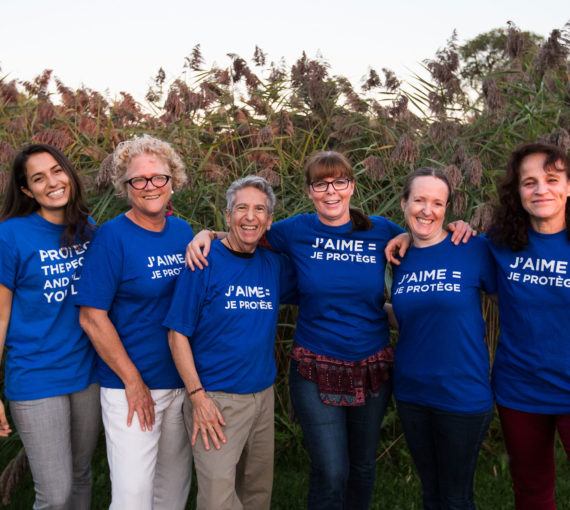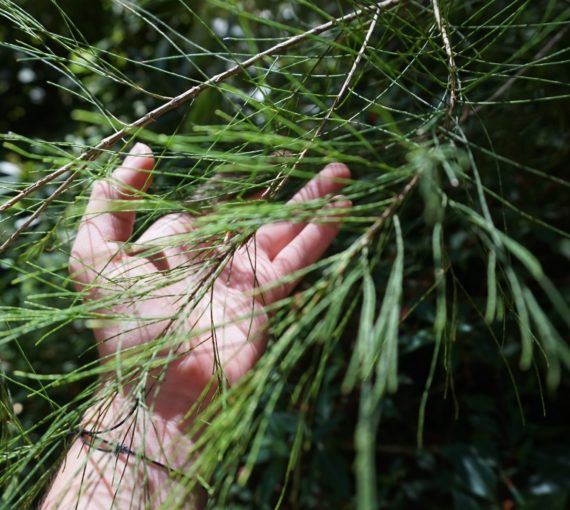The human and environmental rights of Ontarians are under threat in ways that contravene the legal codes set out for our protection and full participation in society.
Rights are, in fact, the basic building blocks of a strong social fabric that enable each and every one of us without discrimination to engage in society and to enjoy a decent quality of life. Furthermore, they facilitate the interaction in positive ways of every member of society with the natural world around us. In Ontario today, the pursuit of short-sighted policy risks eroding that fabric, leading to the fundamental question: Who will stand up for the rights that guarantee an Ontario that is better for all?
Every Ontarian, in fact, has the right to a healthy environment under the Environmental Bill of Rights, and the duty of “protection, conservation and restoration of the natural environment for the benefit of present and future generations.” The provincial government’s proposed Bill 66, therefore, contravenes the Bill of Rights and puts more than two million acres of protected green space at risk for the sake of development.
The Greenbelt was created in 2005 as a way to limit the rapid urban sprawl that was encroaching on ecologically significant land. It is home to farmland and forests, wetlands and watersheds. But its importance is economic as well. The Greenbelt provides $3.2B annually in ecosystem services to the region, including recreational activities and flood protection, while storing as much carbon dioxide as would be emitted by 33 million cars a year. Developing the Greenbelt is especially unnecessary considering a recent Neptis Foundation study that found more than 125,000 hectares of land in the GTA is available to accommodate growth through to 2031 and beyond.
If the current government is “for the people”, why do so many feel left out? Why are there outcries across the province about changes being made to policies and programs that ought to be intrinsically guaranteed?
If we are going to be “open for business”, let it be for business that protects health and habitats, waterways and wildlife. Business that meets the triple bottom line of being not only profitable, but socially and environmentally responsible as well. Not business that unnecessarily mortgages the future in imprudent and potentially irreversible ways.
Ontarians also have the right to fully participate in their cultural heritage. The government’s recent $2.25M cuts to the Indigenous Culture Fund contravene this right, and serve as a significant step backwards from reconciliation. Children who may have once had the opportunity to learn their traditional language will lose that chance to reconnect. Elders that might have had the opportunity to archive their oral history will miss being able to preserve it. Promoting Indigenous culture is an important step toward reconciliation and healing from the effects of the past, and something that every level of government should make a priority.
Franco-Ontarians will no doubt feel their cultural rights have also been impeded with the Ontario government’s decision to eliminate the position of French language services commissioner. Only after public uproar did the government revise its plans, but not before fundamental language rights had been violated.
All of this begs the question: If the current government is “for the people”, why do so many feel left out? Why are there outcries across the province about changes being made to policies and programs that ought to be intrinsically guaranteed? Outcries such as those happening in response to the government’s funding cuts to the Ontario College of Midwives, which effectively serve to limit a woman’s right to choose how she wishes to give birth.
A strong, vibrant society is possible only when it is founded upon a strong and inclusive social fabric, one that is woven together through every Ontarian’s rights, experiences, cultures and interactions in their community and with the natural world around them. A fabric that is protected and passed on to the next generation so that they, too, can have a viable future.
These are some of the basic rights that every Ontarian enjoys now and which must remain in place forevermore. Only in fulfilling these can the government ensure well-being for the people — all the people — and for the living planet on which we depend.
This op-ed was originally published by six regional news outlets, including the Hamilton Spectator.
Our work
Always grounded in sound evidence, the David Suzuki Foundation empowers people to take action in their communities on the environmental challenges we collectively face.




